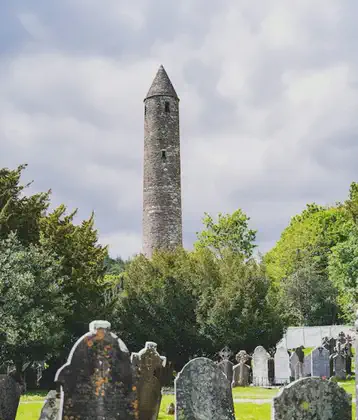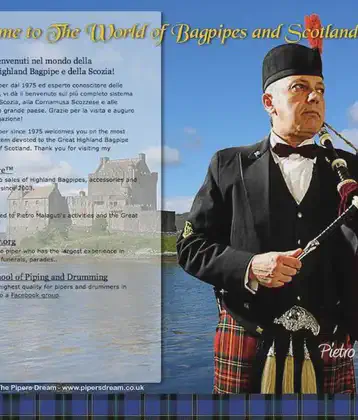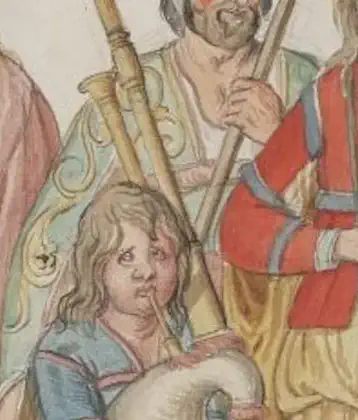July 5th , 1828
Daniel O’Connell won the Clare by-election on July 5, 1828, in what became a pivotal moment in Irish and British political history. O’Connell, often referred to as “The Liberator,” was a leading Irish political leader who campaigned for Catholic emancipation—the right of Catholics to sit in the British Parliament, hold public office, and participate fully in public life.
Background
Catholic Emancipation: During the early 19th century, Catholics in the United Kingdom of Great Britain and Ireland were still subject to various legal restrictions, including being barred from sitting in Parliament. The movement for Catholic emancipation sought to remove these restrictions.
O’Connell’s Candidacy: Although Catholics were allowed to vote, they were not permitted to hold parliamentary seats. Daniel O’Connell, a Catholic and a prominent lawyer, decided to challenge this by running for the seat in County Clare. His candidacy was a direct test of the law, as he would not be able to take his seat in Parliament without the laws being changed.
The Election
- Victory: O’Connell won the election by a substantial margin, defeating the pro-government candidate, William Vesey-FitzGerald, who was a sitting member of Parliament and a Protestant. O’Connell’s victory was significant not just because of the result but because it demonstrated the political power of the Catholic electorate, who overwhelmingly supported him.
Impact and Aftermath
Pressure on the British Government: O’Connell’s election created a political crisis in Britain. His victory forced the British government to confront the issue of Catholic emancipation more directly. The government, led by the Duke of Wellington and Robert Peel, feared that refusing to allow O’Connell to take his seat could lead to unrest in Ireland.
Catholic Relief Act of 1829: The pressure resulting from O’Connell’s election contributed directly to the passing of the Catholic Relief Act of 1829. This Act allowed Catholics to sit in Parliament and hold other public offices, effectively achieving one of the main goals of the emancipation movement. However, to take his seat, O’Connell had to win another election, as the Act did not apply retroactively to his earlier election.
Legacy: O’Connell’s victory in Clare is often seen as a turning point in Irish history. It showed the power of organized political action and the potential for peaceful, legal challenges to the status quo. O’Connell continued to be a major figure in Irish politics, advocating for further reforms, including the repeal of the Act of Union between Great Britain and Ireland.
Daniel O’Connell’s victory in the Clare by-election of 1828 is a landmark event that demonstrated the effectiveness of peaceful political activism and led to significant legislative changes, most notably Catholic emancipation in the United Kingdom.












